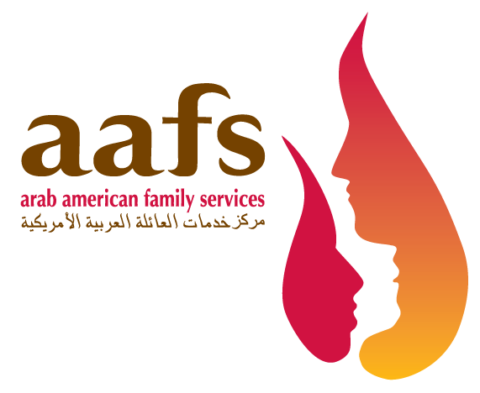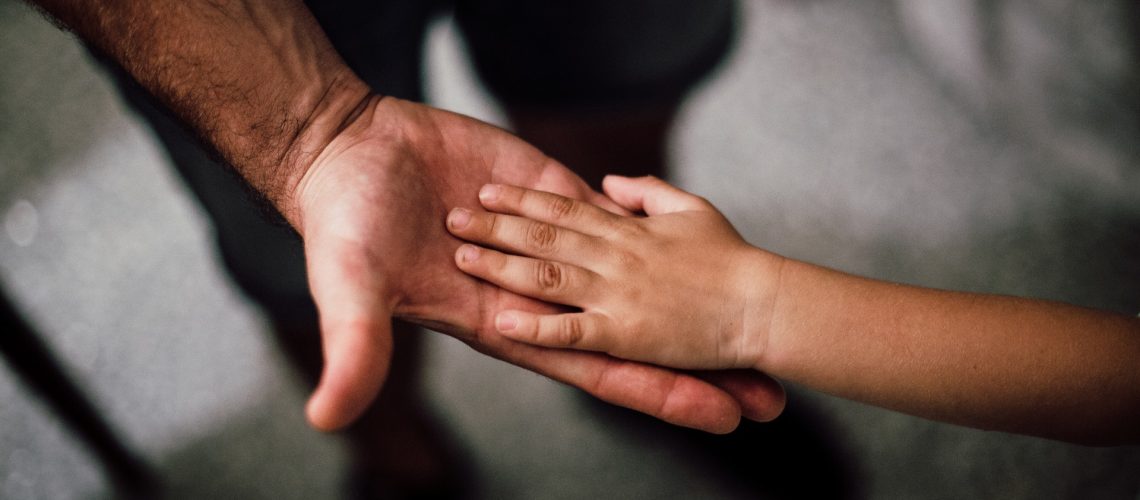As once stated by the prominent Angela Davis (an icon for Women of Color and intersectional feminism), “It is in collectivities that we find reservoirs of hope and optimism.”
We at Arab American Family Services have found this concept to be especially true, primarily in times of hardship and struggle. COVID-19 has created a number of challenges for individuals, communities, and society as a whole, however, we are also seeing an unprecedented movement of care and resilience in every sector of civil society.
At AAFS, we are constantly working with individuals and families who come from vulnerable backgrounds and are at the margins of social and economic insecurity. Previously, these folks have been able to find stability through the tight-knit relationships they have with each other and the resources present in the surrounding areas. Yet, COVID-19 has disrupted this coping mechanism for many people and has resurfaced a sense of fear – a fear that stems from a history of trauma, conflict, and displacement. Characteristics of the places in which these folks were originally migrating and moving away from.
At AAFS, we understand that our community needs us now more than ever, but we also understand that our community isn’t weak and has withstood hardships in a number of circumstances. Whether from Palestine, Yemen, or Syria the families we work with have experienced things like gender violence, financial disenfranchisement, as well as institutional and systemic oppression. As a result, these experiences have allowed our communities to inherit a survival toolbox and COVID-19 wasn’t an exemption to our community’s strength.
We told ourselves at AAFS that we could do more; instead of leaving our clients to face this pandemic alone, we can collaboratively work together and ensure that every member of our community is taken care of. Through this, we’ve been able to implement weekly food drives and hot-meal distribution; virtual case-management with SNAP, Medicare, and unemployment applications; in addition to mental health, domestic violence, and elder check-ups with folks we know who need the extra attention.
Although the response by the federal government has been weak in addressing the issues caused by COVID-19, we at AAFS have elevated our services and program delivery to make sure no one goes unnoticed. Our efficiency, accountability, and transparency have led to positive outcomes all throughout the Chicagoland area, and we will continue to do our work until every disparity or inequality is either addressed or confronted. Hence, we live up to the words of Davis and demonstrate what it means to be an inclusive collective and a mutually responsible nonprofit.
Here are a couple of first-hand testimonies seen on the ground: Client A is an immigrant from Iraq and is in his mid-50s, he lost his employment from Uber due to the lack of work and because he has a pre-existing medical condition that endangers his health if he’s exposed to COVID-19. The client hasn’t been able to pay his rent for the past two months and hasn’t been able to send financial support to his family who is currently being confined in Iraq due to travel restrictions. Upon requesting assistance from AAFS, we have been able to secure the client with unemployment benefits for $1,200 every two weeks. Further, we have added the client to our food drive and rental-assistance program. The client has now been able to pay their late rent and send money to his family, while not having to worry about purchasing groceries for Ramadan or being evicted.
Client B is an Arab American woman in her late 40s or 50s, her husband is disabled and she has been laid-off from her job due to COVID-19. The client asked AAFS for help and therefore we have been able to complete her IDES application and secure her unemployment benefits. Additionally, we helped the client set-up a direct deposit so she can receive her IRS check. AAFS has also added the client to the food drive so that she can have groceries and essential foods in the coming days.


